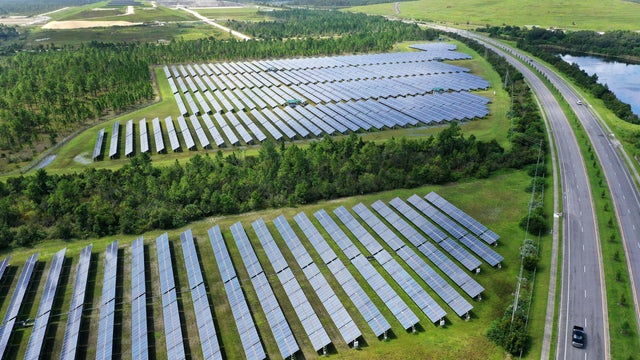
Biden wants to grow solar power tenfold in 15 years
Solar could provide as much as 40% of U.S. electricity by 2035 under aggressive clean-energy laws.
Watch CBS News

Solar could provide as much as 40% of U.S. electricity by 2035 under aggressive clean-energy laws.
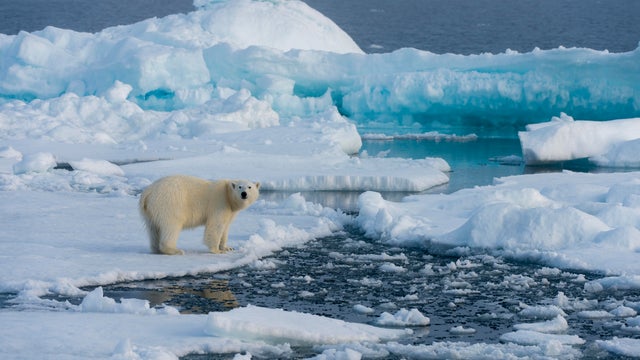
A new study issues "an early warning" about the fate of polar bears if their habitats continue to melt away.

Shipping, crucial to the world's economy, was left out of the Paris Agreement to curb global warming.
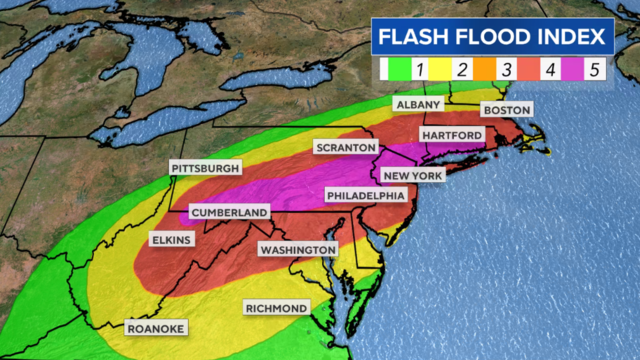
Ida's intense rain and winds are partly fueled by climate change.
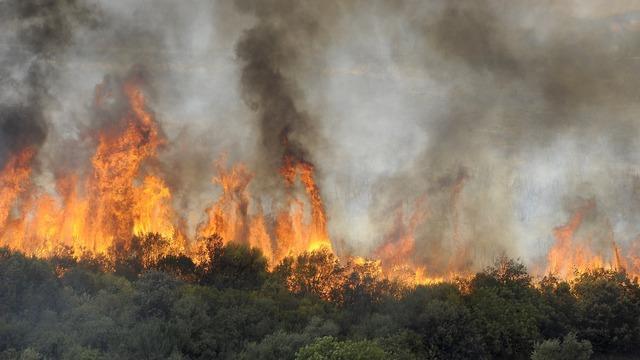
Climate-change-driven heat waves don't just cost businesses money. They can cost people their lives.
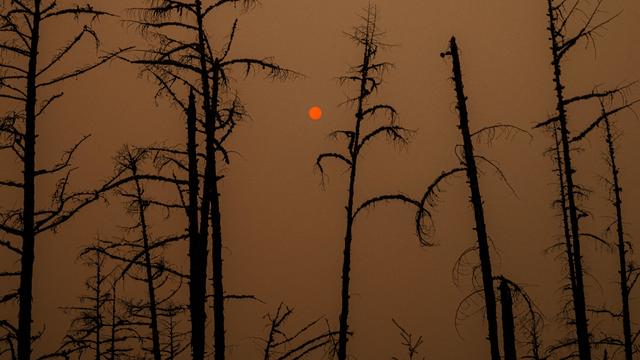
The 31st annual State of the Climate report confirmed 2020 was among the three warmest years in recorded history.

The Caldor Fire has burned 126,182 acres and is only 11% contained, according to Cal Fire.
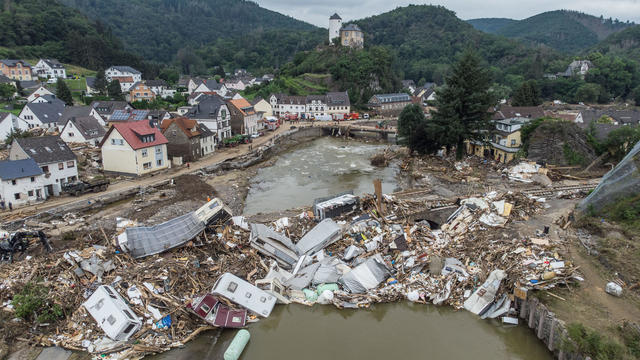
And there's one factor that could mean these findings underestimate the impact.
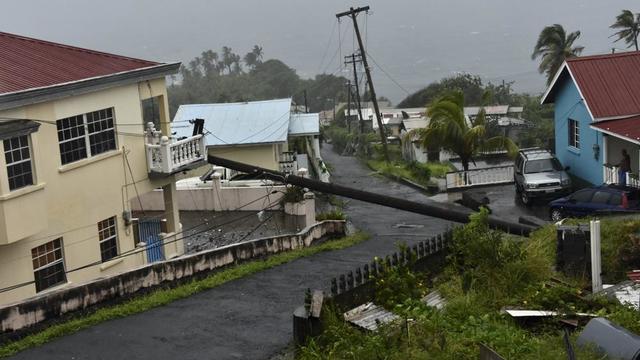
Extreme weather poses a growing threat to homeowners, with storms growing in number and intensity.

The flooding in rural areas took out roads, cellphone towers and telephone lines, leaving families uncertain about whether their loved ones survived the unprecedented deluge.
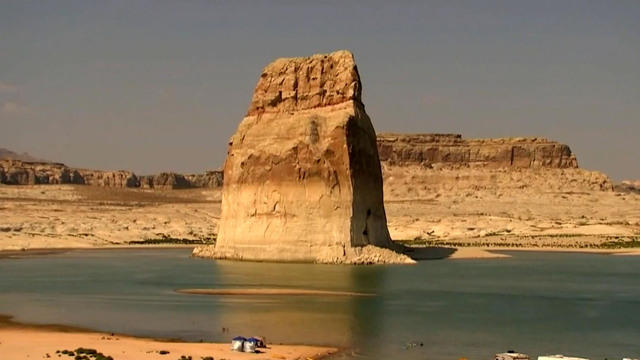
Lake Powell is just 32% full following 21 years of sustained drought. April Warnecke has more on the cause and what it means for the future.
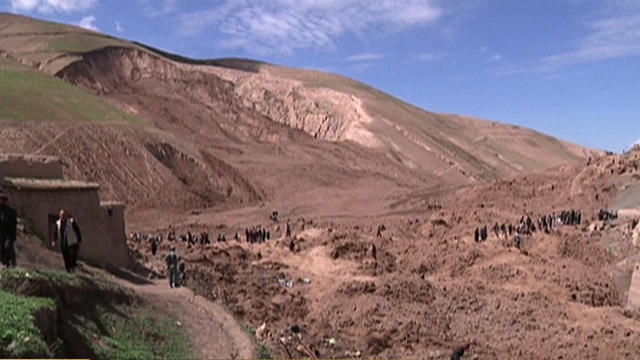
As drought and extreme flooding has crippled rural Afghanistan, the Taliban has swooped in to provide rural Afghans with financing, at the same time sowing doubt in the former government — helping to expand their power and popularity.

The ones in California sometimes get it from some unlikely places.

"We have unprecedented dryness in our forests because of the drought. And that leads to more heat release. And with more heat release, they spread faster," says fire lab head.
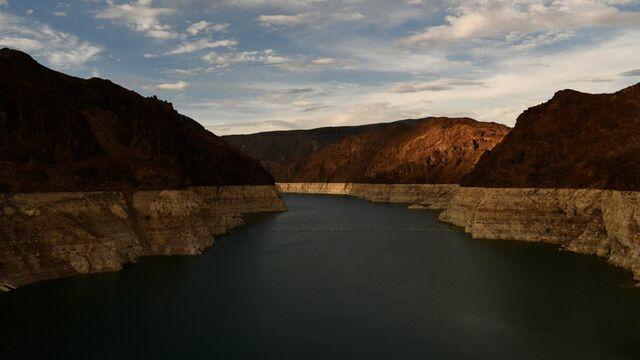
The U.S. Bureau of Reclamation will issue mandatory water cuts starting in 2022 after water levels at Lake Mead, the nation's largest reservoir, fell below a critical threshold of 1,075 feet. CBS News senior national and environmental correspondent Ben Tracy joins CBSN "Red and Blue" anchor Elaine Quijano to talk about those who will be most impacted.
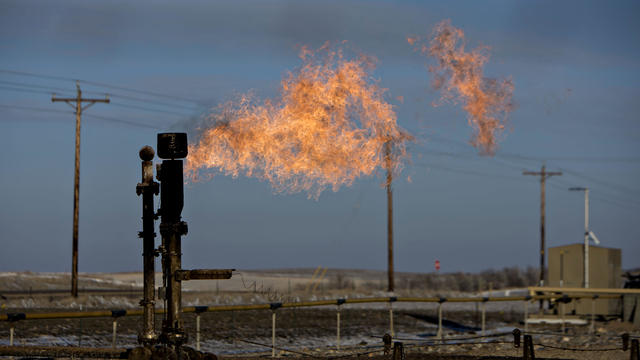
Major fossil fuel companies are far behind on their stated goals of cutting emissions, satellite data suggests.
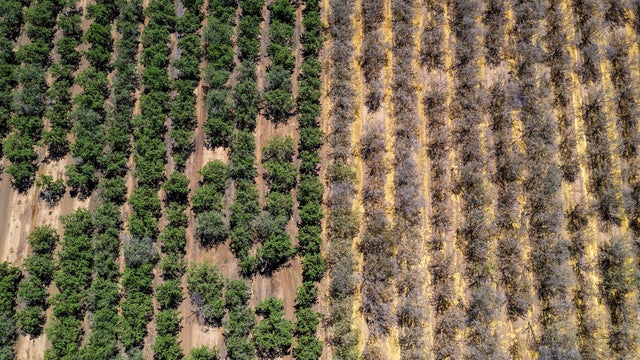
"The world is going to start to see less almonds," said one orchard owner as water reservoirs run low.
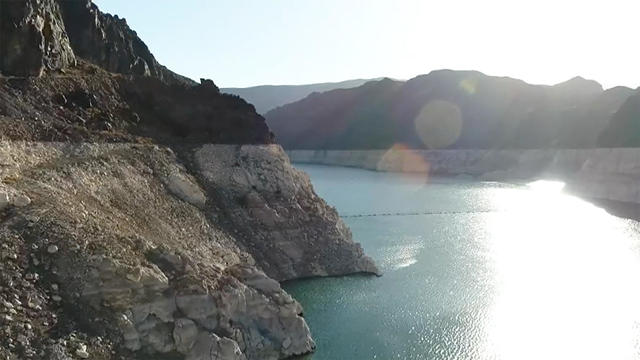
"It used to be called the Nile of the West, which is almost impossible to believe these days," said one water policy expert.
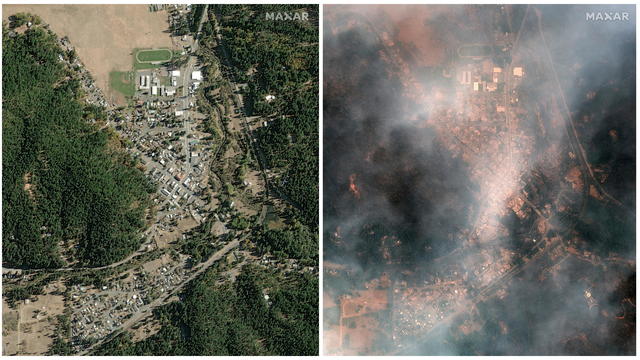
The U.S. Forest Service said Friday that it's operating in crisis mode, fully deploying firefighters and maxing out its support system.
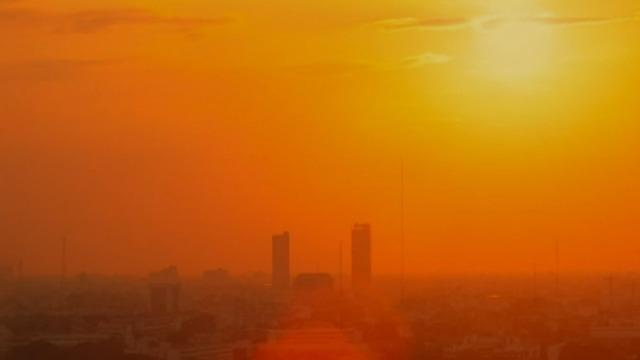
It's "very likely" that 2021 will be among the world's 10 warmest years on record.

There are 35 states under heat advisories and some health officials are warning residents to stay inside to stay safe from the scorching hot temperatures.

Widespread wildfire smoke can add short- and long-term costs over thousands of miles, experts say
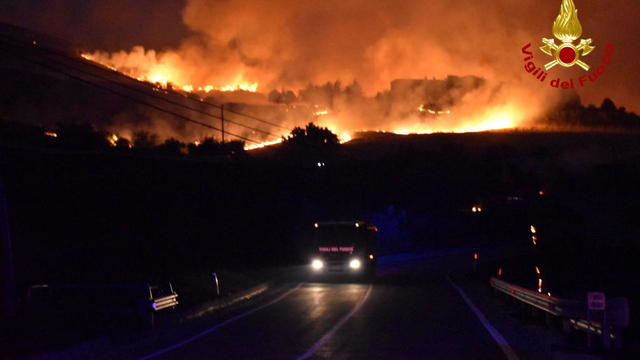
The area scorched by the record heat is a UNESCO World Heritage Site.
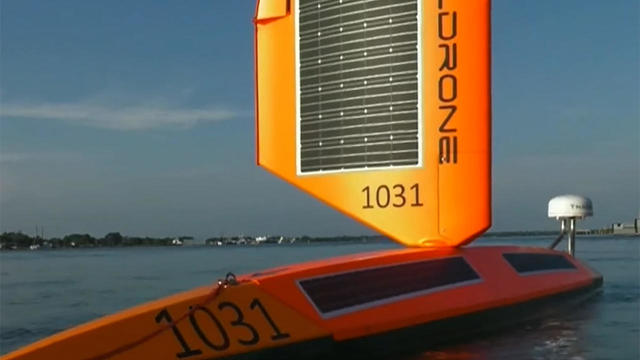
Floating drones could be a breakthrough in effort to keep people safe from hurricanes.
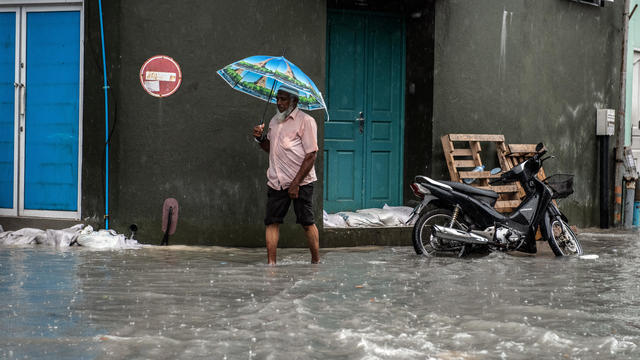
The U.N.'s latest climate change report was a "code red for humanity." For island nations, it's an urgent plea to the world to prevent them from getting completely wiped off the map.
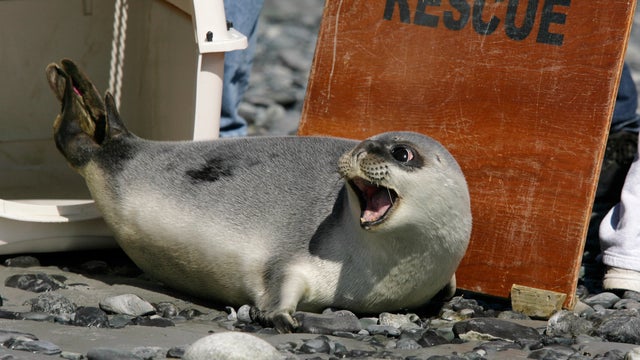
One bright spot is green sea turtles, which have recovered substantially, the IUCN said as it released its latest Red List of Threatened Species.
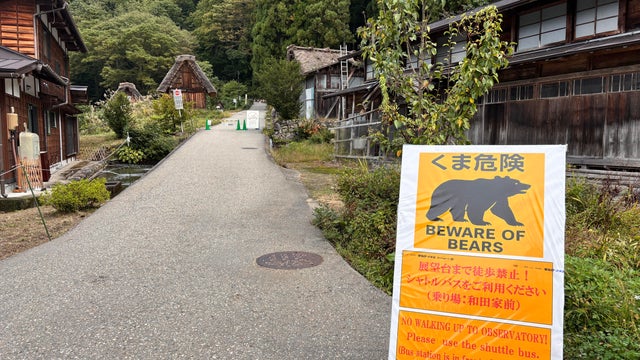
As Japan faces rising human-bear encounters, an animal trapped in a grocery store injured two men, while a separate reported mauling proved fatal.

The images taken by two Mars orbiters show a bright, fuzzy white dot of the comet, also known as 3I/ATLAS, appearing to move against a backdrop of distant stars.

One of 2025's three Nobel Prize in Physics winners says the trio's work is "one of the underlying reasons that cellphones work.''
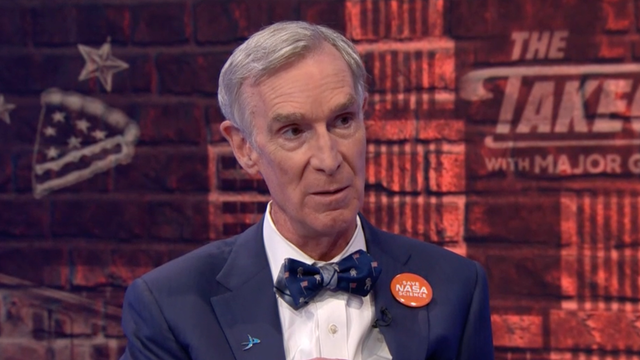
Bill Nye the Science Guy on Monday protested against a federal budget proposal that would see NASA's funding reduced from $24 billion to $18.8 billion.

Nobel Prize committee chair says discoveries by the trio of researchers were "decisive for our understanding of how the immune system functions."
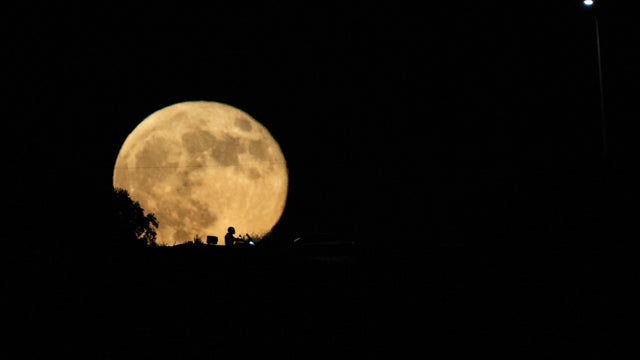
The first supermoon of 2025 will arrive soon. Here's what to know about the phenomenon.
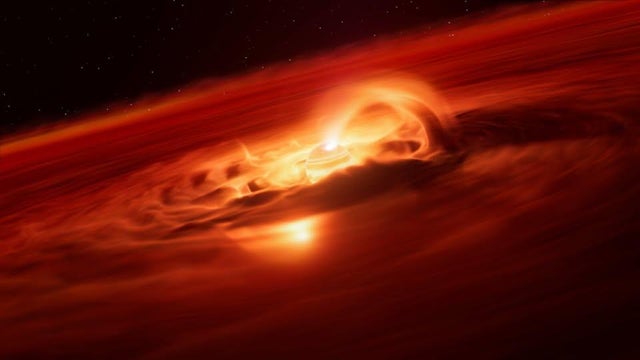
ESO's Very Large Telescope has observed a rogue planet and revealed that it is eating up gas and dust from its surroundings at a rate of 6 billion tons a second.
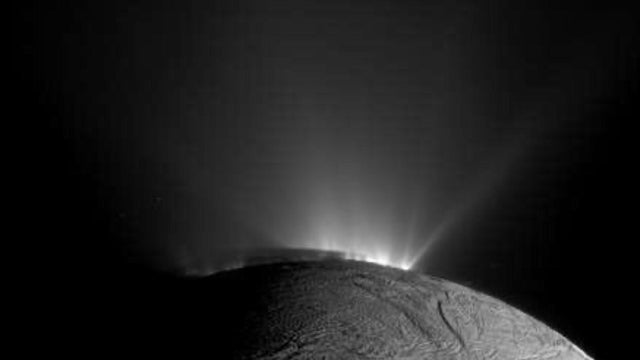
Enceladus has long been considered a prime candidate in the search for life beyond Earth because of its hidden ocean and plumes of water erupting from cracks near its south pole.
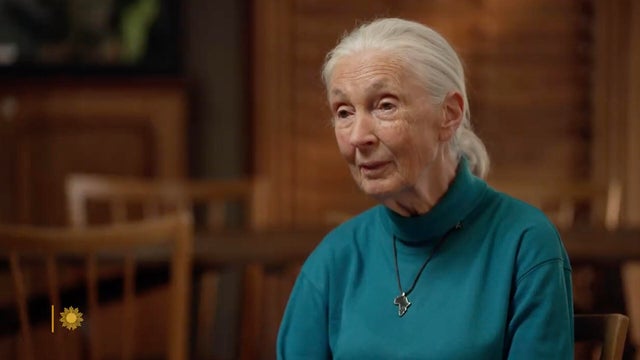
Famed naturalist Jane Goodall, who dedicated her life to studying chimpanzees and protecting the environment, died on Wednesday, Oct. 1, 2025 at age 91. In this Oct. 24, 2021 "Sunday Morning" profile, she talked with Seth Doane about her fascination with animals, her groundbreaking work with primates, and her advocacy for a more sustainable future.
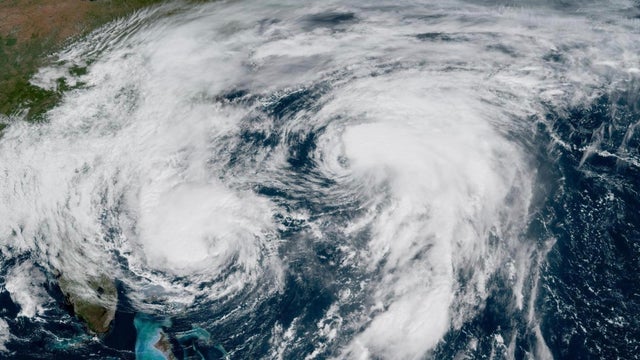
The outer bands of Humberto lashed Bermuda ahead of a more direct pass from the newer and stronger Hurricane Imelda.
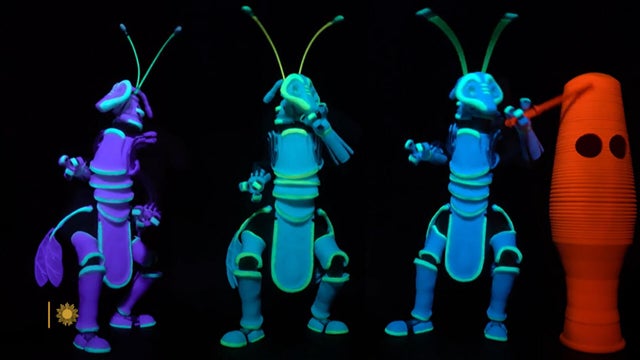
The chirping of crickets in your backyard can be a soothing seasonal sound, but did you know it's also an accurate way to tell the temperature – if you know the mathematical formula? Robert Krulwich and puppeteer Barnaby Dixon explain.

The findings have the potential to resolve the longstanding "Muddle in the Middle" of human evolution, researchers said.
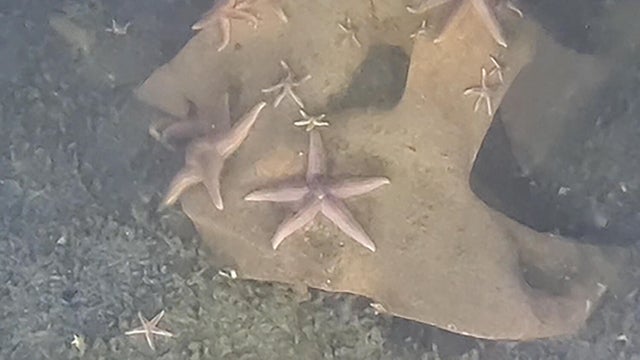
The study's author said "there is some irony" in the discovery that these "things that are meant to kill everything are now attracting so much life."

Scientist and professor Justin Gregg joins "CBS Mornings" to discuss his new book, "Human-ish: What Talking to Your Cat or Naming Your Car Reveals About the Uniquely Human Need to Humanize." He explains why we talk to pets, name objects, and even connect with inflatable tube men — and what that reveals about human nature.